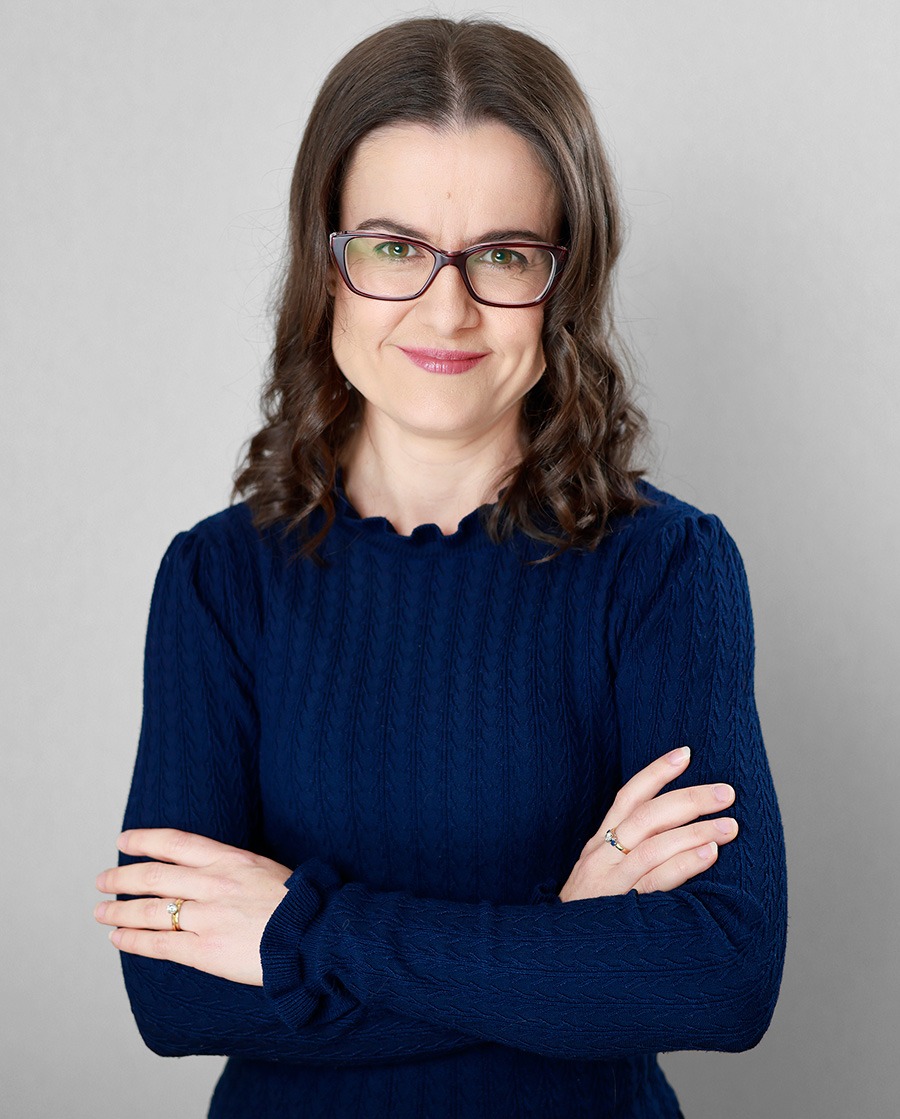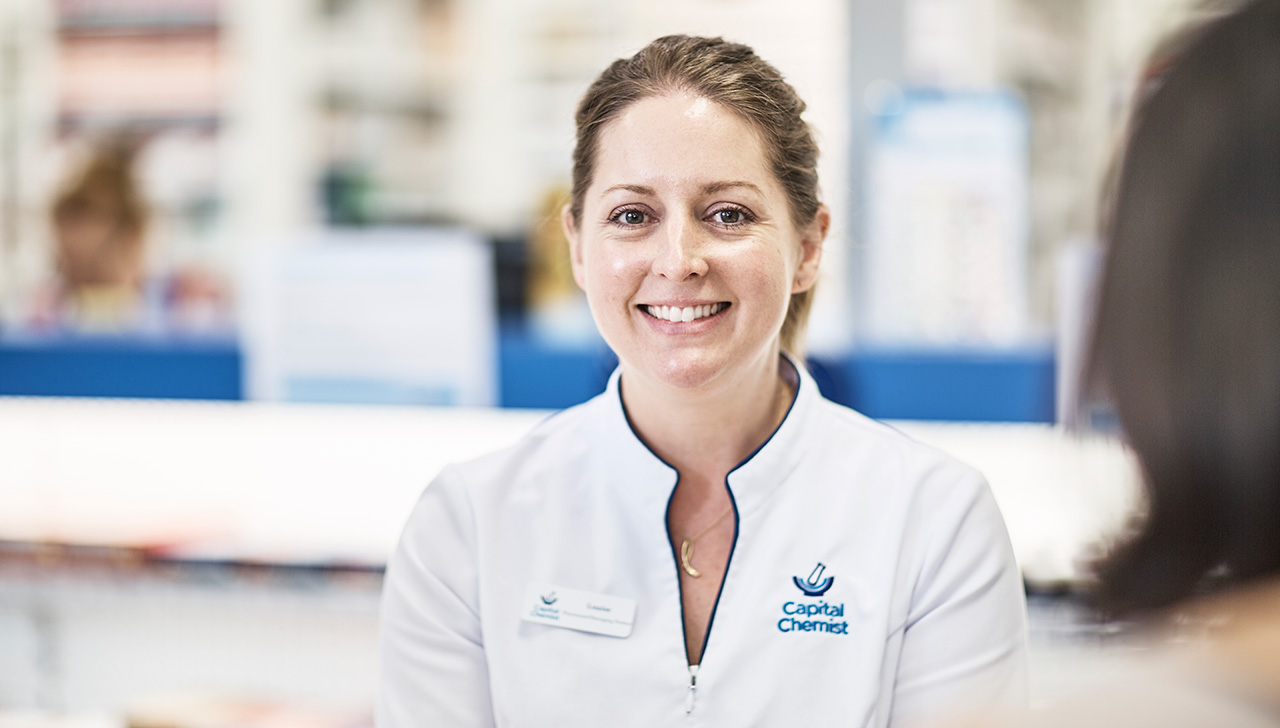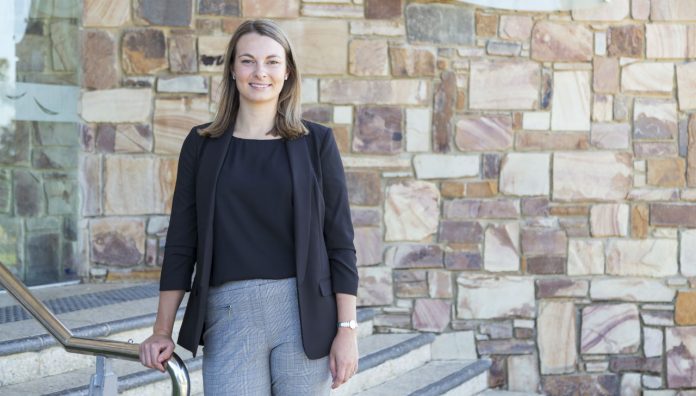As the Early Career Pharmacist Director on PSA’s Board, Lauren Burton MPS is committed to supporting young leaders and seeing the future of pharmacy flourish. Watch this space.
How did your pharmacy journey begin?
I began my career as a casual community pharmacy assistant during my high school years in Melbourne. I stayed on in community pharmacy while completing my undergraduate degree and my Master of Pharmacy at the University of Western Australia (UWA) when I relocated to Perth.
The next step in my career came when I made the move to Sir Charles Gairdner Hospital as a pharmacy intern. It’s a tertiary teaching hospital in Perth with over 600 beds, various specialisations and a growing pharmacy department. I’m still there today, working as a P1 pharmacist.
Pharmacy has grown from a casual job into a lifelong career and an absolute passion. It satisfies my dual interest in science and serving the community. I’m drawn to both the positive impact medicines can have on people’s health, but also the dangers they can pose when they aren’t used correctly.
And now you’re on the PSA board.
Yes! I’ve been involved with PSA for over five years. When I was at UWA I responded to a call for a student representative from the university cohort and became part of my local Early Career Pharmacist (ECP) working group. About 18 months ago, I took on the role of chair and was voted onto PSA’s WA branch committee.
Why did you decide to transition to hospital from community pharmacy?
My love of the profession definitely grew from working in community pharmacy, but the networks that I was exposed to during my degree gave me a taste for hospital pharmacy. The real drawcard was the opportunity to enter as an intern and get exposure to the different aspects of the health sector. I’m also really interested in systems and the role that acute, primary and rehabilitative care all play in keeping people healthy.
Working in acute care, I was able to build on my experience of the primary care setting and understand the patient’s journey through the healthcare system a bit better. Transitions of care is such a high-risk area and knowing what goes on in the hospital setting, I’m empowered to advocate for change. I still love community pharmacy and continuing my understanding of this setting makes me a better hospital pharmacist.
What is your next big project?
I’m working on three big things at the moment, the first being my workplace project. I’m part of a system-level project which is designed to improve the management of controlled substances within the area health service model I work in. It’s critically important that these systems are efficient so that staff can go about caring for patients and not have to worry about technicalities. Manual systems aren’t sustainable and a robust, closed-loop, electronic management system will ensure medications are being used safely and appropriately when required. This project spans governance, procedures and policies, analgesic stewardship, the role of electronic medicines management solutions – and will provide staff and patients with support and education to function within that system.
With regards to ECP, I’m determined to bring the spotlight to the emerging pharmacy thought leaders we have in the profession. Many young pharmacists are highly skilled and committed to trying new ways to deliver a pharmacy service to patients. I want to create platforms to ensure that their ideas are heard. We will have an ECP dedicated event at PSA19, for example, with a panel of ECPs from across the country working in various practice settings who will share their insights.
I’m also working on realising the PSA Strategic Intent, released in 2018, with the team at PSA. It focuses on roles, recognition and remuneration in the profession.
What are some of the main challenges that ECPs face in the future?
A key challenge is career pathways. We’re attracting some really passionate and committed people to pharmacy, but their role in medicine management can seem unclear without robust career pathways.
As addressed by the PSA Strategic Intent, pharmacy needs formal roles and the embedding of specialists within the system by acknowledging different levels of expertise. Remuneration is also an important issue. We can develop all these wonderful roles for pharmacists, but it’s not sustainable if they’re not adequately remunerated. It’s really important that the resourcing matches the level of risk that pharmacists are faced with and the contribution made in the management of polypharmacy, an ageing population and a health system that’s under stress.
Similarly, having an ongoing support network through mentorship and coaching will help provide young pharmacists the support to continue their professional development throughout their career.



 Kelly Abbott MPS[/caption]
Kelly Abbott MPS[/caption]


 Owner of Canberra's Capital Chemist Southlands Louise McLean MPS.[/caption]
Owner of Canberra's Capital Chemist Southlands Louise McLean MPS.[/caption]

 Supplied by CSL Seqirus[/caption]
Supplied by CSL Seqirus[/caption]







